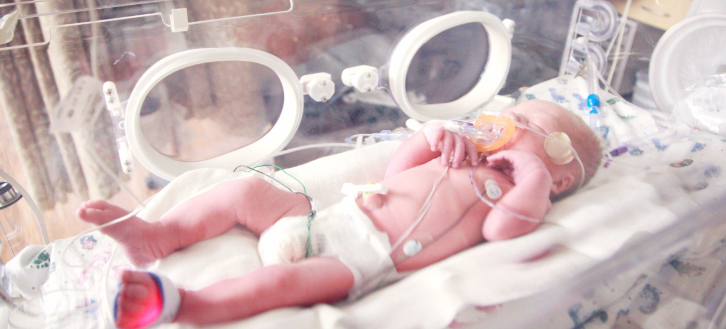Photo Credit: Rasi Bhadramani
This roundup offers a look at what investigators are saying in recent COPD research.
Validating the LLFDI for Use in COPD
To improve functional assessments in COPD, the study authors in the Annals of the American Thoracic Society recently validated the Late-Life Function and Disability Instrument in this patient population.1
“The LLFDI is a valid instrument that can be used in people living with COPD to investigate disability and function. In doing so, the current practice of measuring physical functioning or objective outcomes can be enhanced by capturing information on disability and function in important life tasks from a patient-reported perspective.” – Astrid Blondeel, PhD, Postdoctoral Researcher at KU Leuven, and colleagues.
Treating COPD & Asthma in the ICU
Researchers in CHEST Critical Care reported on the triggers and pathophysiology of COPD and asthma, in addition to creating a clinical framework for clinicians to manage acute exacerbations in critically ill patients.2
“Life-threatening asthma and COPD exacerbations are commonly encountered in the ICU and associated with significant morbidity and mortality. It is important to understand the commonalities and differences in the pathophysiology and management of these diseases to provide evidence-based care and improve outcomes. A stepwise treatment approach will aim to reduce airway inflammation, reverse bronchospasm, and support patients with mechanical ventilation or advanced therapies until clinical improvement is achieved.” – Stephen A. Mein, MD, and Michael C. Ferrera, MD, affiliated with Harvard Medical School.
Advocating for In-Hospital Palliative Care
Pain or discomfort predicted re-hospitalization in patients with COPD who were admitted to the hospital with community-acquired pneumonia (CAP), according to a study published in Scientific Reports.3
“Palliative care for individuals with COPD is often inadequate and, in many cases, restricted to the terminal phase, likely due to restricted capacity and insufficiently trained healthcare professionals. Palliative care is relevant at all stages of COPD, and an increased focus on in-hospital palliative care could be a beneficial strategy to alleviate discomfort among individuals with COPD hospitalized with CAP.” – Maria Hein Hegelund, affiliated with Copenhagen University Hospital, and colleagues.
Addressing Cognitive Impairment in COPD
While more research is needed to examine causal links, clinicians should be aware of how cognitive impairment can impact their patients with COPD, according to the authors of a nationwide study published in Healthcare.4
“Clinicians should be sensitized to the unique needs of [older adults] with COPD such as limited resources, lower health literacy, inability to gain or understand medical information easily, and phenotypic variations in COPD and cognitive decline. Addressing respiratory and cognitive health in COPD management is essential for improving health outcomes, QOL, and survival among individuals affected with these chronic health issues.” – Srikanta Banerjee, MD, PhD, Professor of Health Sciences at Walden University, and colleagues.



















Create Post
Twitter/X Preview
Logout